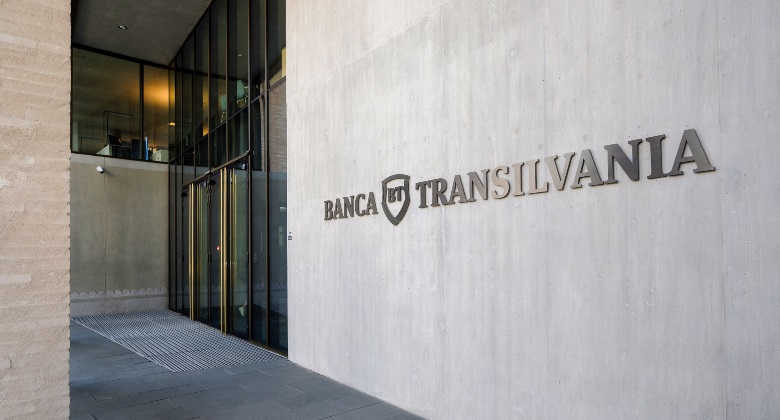BIS paper on tokenisation in the context of money and other assets: opportunities and risks. „Tokenisation has significant potential to improve the safety and efficiency of the financial system.”

Report for the G20 on tokenisation highlights the opportunities, risks and future considerations for central banks. BIS report highlights four key considerations for central banks: private sector initiatives; trade-offs between different types of settlement assets; sound regulation, supervision and oversight for tokenisation; and the impact on monetary policy implementation.
The growth in projects and experiments in regulated financial markets has increased the relevance of tokenisation for central banks. Against this background, this report was prepared by the Bank for International Settlements (BIS) and its Committee on Payments and Market Infrastructures (CPMI) for the Brazilian G20 Presidency.
The report sets out the concepts related to digital tokens and programmable platforms. Token arrangements can change existing market structures by providing platform-based intermediation across the end-to-end life cycle of financial assets. While this could decrease transaction costs and enable innovative use cases, the potential of token arrangements to improve the safety and efficiency of the financial system will require sound governance and risk management. The risks typically associated with financial market infrastructures also apply to token arrangements, but they may materialise differently.
Developments in tokenisation offer an opportunity for central banks to reflect on the role of central bank money in the digitalising financial system. Other key considerations for central banks identified in the report relate to the design of central bank wholesale payment systems, oversight and monetary policy.
Tokenisation of money could have implications for the role of central banks in payments, monetary policy and financial stability, according to a report to the G20 published by the Bank for International Settlements (BIS).
Tokenisation in the context of money and other assets: concepts and implications for central banks, which was prepared by the BIS, including the BIS Committee on Payment and Market Infrastructures (CPMI), examined tokenisation – the generation and recording of digital representations of traditional assets on a programmable platform.
The report also looked at global challenges in the regulated payments sector and focused on the possible benefits of tokenisation in addressing existing frictions in financial markets. It considered potential benefits of some of the innovative solutions involving new use cases and functions that are currently being explored around the world.
It notes that, while the potential benefits of tokenisation, such as cheaper and speedier transactions, have attracted interest, the costs and risks need to be considered.
They may also affect how pre- and post-trade functions are executed for money and other assets. In addition, ensuring appropriate governance and legal frameworks, credit and liquidity risks, as well as custody and operational risks will also require focus.
The report also highlights that risks may materialise in a different manner to the challenges faced by conventional market infrastructures. Tokenisation arrangements provide platform-based intermediation for financial assets that may lead to changes in how financial markets operate and are structured.
In this context, the report focuses on four key considerations for central banks:
. responding to ongoing private sector tokenisation initiatives; for example, whether to foster interoperability in the case of fragmenting markets;
. assessing the trade-offs and the appropriate balance between different types of settlement assets in token arrangements;
. identifying, monitoring and assessing tokenisation arrangements that may need to be subject to sound regulation, supervision, and oversight; and
. assessing the potential impact of token arrangements on monetary policy implementation, for example through changes in the structure of regulated markets or the demand for central bank versus other types of money.
„Tokenisation has significant potential to improve the safety and efficiency of the financial system. Central banks along with the private sector must continue to explore novel technologies and develop solutions that are fit for purpose for the future financial system. However, tokenisation also poses economic, legal and technical challenges that must be addressed if it is to fulfil its potential. The BIS is committed to exploring aspects of these challenges through its analysis and Innovation Hub projects in the years ahead.” – said Agustín Carstens, General Manager of the BIS.
„As with existing payment, clearing and settlement systems, the potential capacity of token arrangements to improve financial system safety and efficiency will require sound governance and risk management. The well known risks of existing systems apply, but these risks may materialise in different ways due to the effects of token arrangements on market structure. As follow-up to this report, the CPMI will continue its exploration of the topic, including the impact of innovation on the role of central bank money.” – said Fabio Panetta, Governor, Bank of Italy and Chair, CPMI.
Download the report in full here (pdf format): Tokenisation in the context of money and other assets: concepts and implications for central banks
Dariusz Mazurkiewicz – CEO at BLIK Polish Payment Standard
Banking 4.0 – „how was the experience for you”
„To be honest I think that Sinaia, your conference, is much better then Davos.”
Many more interesting quotes in the video below:










